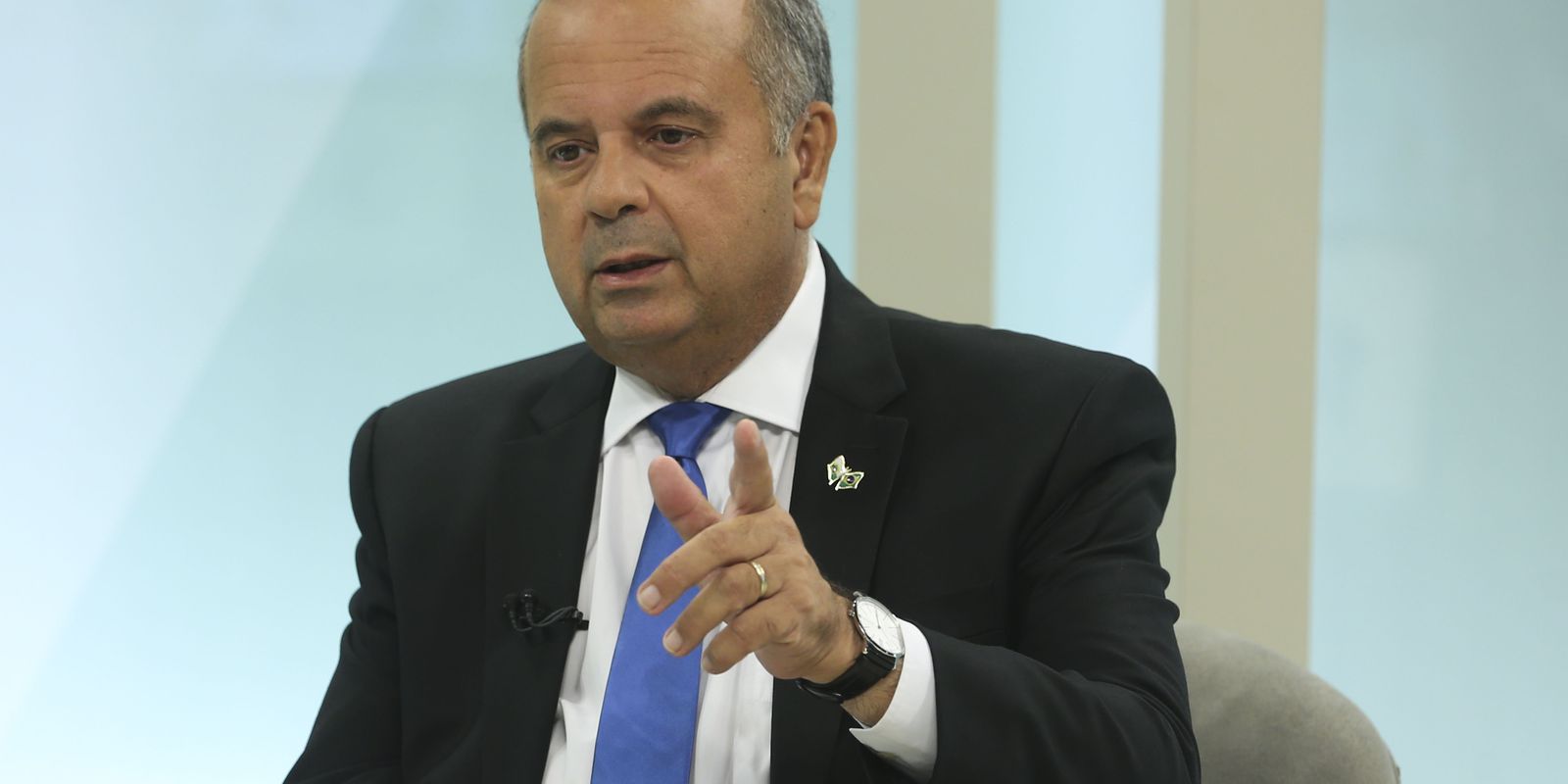The approval of the Sanitation Marco allowed that, in one year, investments in sewage and water treatment in Brazil increased by more than 1,000%, according to the Minister of Regional Development, Rogério Marinho.
“We went from a milestone of BRL 4.5 billion/year from the federal, state and municipal government of own resources and resources from financing to more than BRL 50 billion. Now we have more than R$ 10 billion invested only with incentivized debentures”, said Marinho.
According to the minister, with the legal framework, in 2033 Brazil will have 90% treated sewage and 99% of people will have access to treated water. “Today we have 100 million people who do not have treated sewage and 35 million Brazilians who do not have treated water. In this first year, we have already guaranteed the financial contribution to reduce this deficit by 10% in one year”, he said.
The complete interview can be found in Brasil in this Sunday’s Agenda (5), which will be aired at 7:30 pm, on TV Brazil.
Click on here to find out how to tune into the programming of the TV Brazil.


















